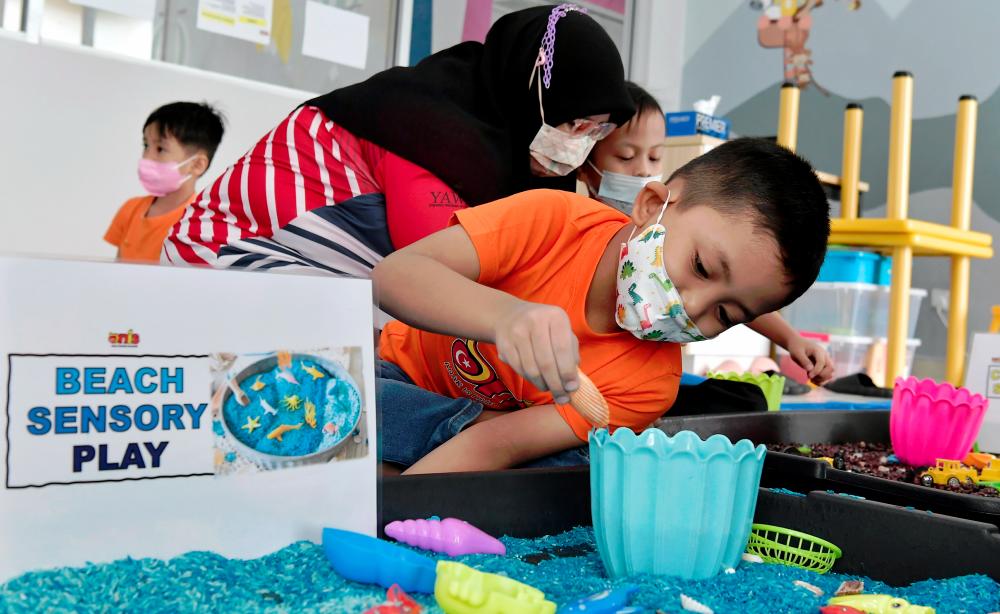PETALING JAYA: Some one million children and adults in the country suffer from attention deficit hyperactivity disorder (ADHD) and urgently need help to overcome what is commonly believed to be “laziness”, said non-governmental organisation ADHD Malaysia.
ADHD is a condition that makes it difficult for sufferers to pay attention, focus and control behaviour. Although it is prevalent during childhood, it could continue into adulthood.
Clinical psychologist Dr Joel Low said low motivation is a common complaint among adults suffering from the disorder.
“If someone is consistently struggling to stay motivated, even when he is interested in the task at hand, it may be a sign of ADHD.”
Low said once the underlying issue is identified, the next step is to take medication or undergo therapy or other behavioural strategies to overcome it.
Another psychologist, Dr Lavanya Pillai, said adults with the disorder may be unaware of their condition because they were not diagnosed as children.
She said distinguishing between ADHD and laziness can be tricky, but there are some key differences.
“ADHD affects a person across different settings and tasks, while laziness tends to be situational.
“Distractions, impulsivity, difficulty planning, low self-esteem and (aversion to) lack of immediate rewards can be symptoms.”
ADHD sufferers typically want to do well and try hard to achieve their tasks. But they find it difficult to follow through.
Those with the disorder often struggle even with tasks they enjoy, while laziness usually applies to tasks deemed boring or unimportant.
Lavanya said sufferers have to identify their motivational challenges, which can be difficult but attainable.
“One of the most common ADHD traits is continually starting new tasks before finishing what is due.
“For instance, one could start a new hobby unrelated to the previous one because those with ADHD often have a wide range of interests, and are easily excited by new things.
“Due to the difficulty in sticking with one project for a long period, they need to switch hobbies to stay engaged and motivated.”
Lavanya said overcoming procrastination in adults with ADHD involves breaking tasks into smaller, manageable parts.
“They can set specific times for tasks, reward themselves after completing them and stay in the present to avoid being overwhelmed. Goals have to be in line with their resources and limitations. Progress needs to be regularly reviewed and goals adjusted if needed,” she said.
Lavanya added that adults with ADHD can improve through motivation and therapy.
“Stimulant and non-stimulant medication can help improve focus, reduce impulsivity and aid task completion, while Cognitive Behavioral Therapy can help develop strategies to manage distractions, improve planning and boost self-esteem.
“But seeking professional support is equally important as the treatment for ADHD is a long process, so dedication and commitment to the treatment can lead to significant improvement.”
However, she warned that adults with ADHD may also struggle with mental health issues such as depression and anxiety.










